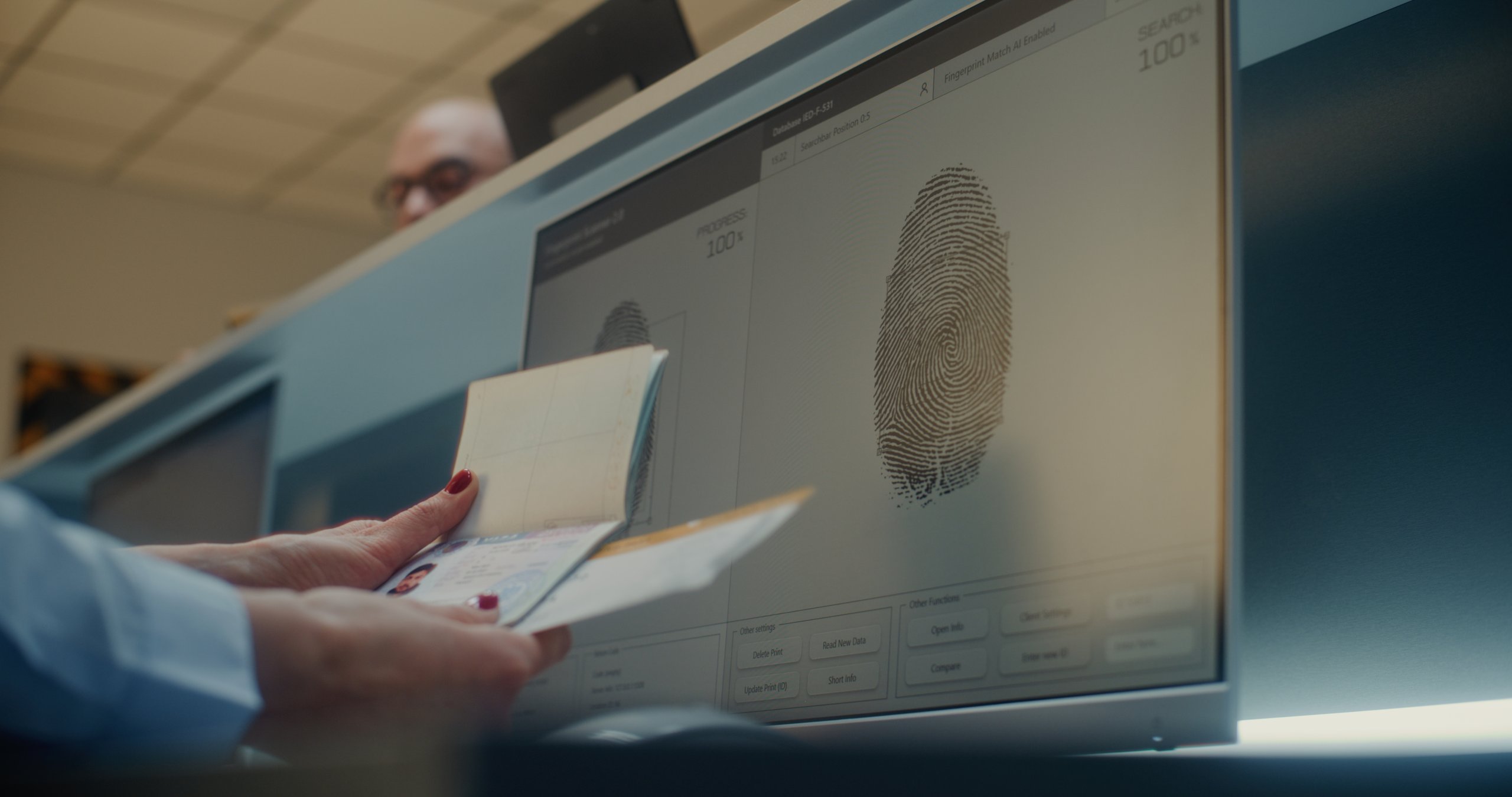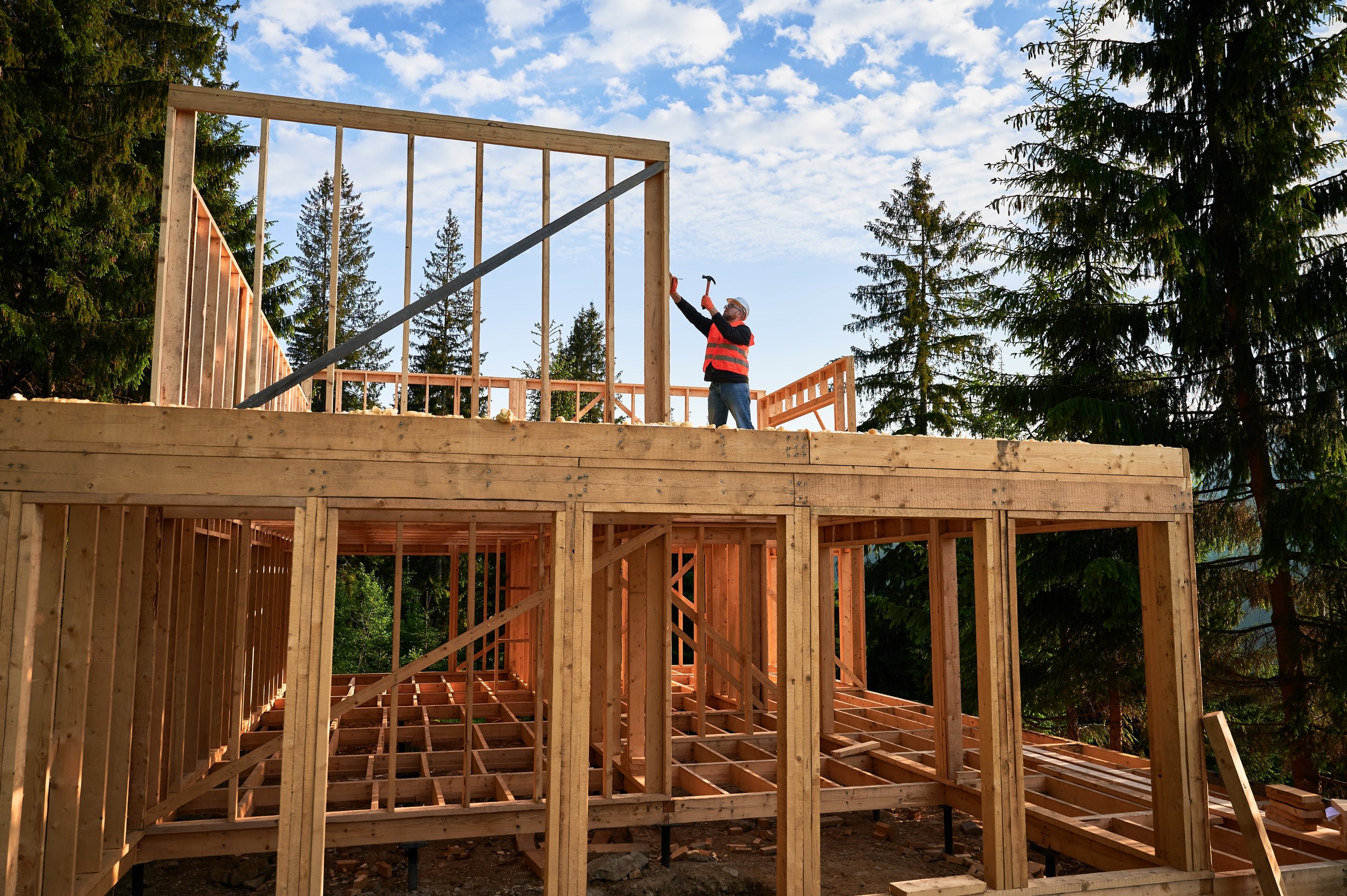The property buying process in France is generally considered straightforward. In fact, 75% of international buyers in our recent survey said they found it quite or very easy. But even with a smooth process, there are common pitfalls of buying property in France that can trip up first-time buyers or those unfamiliar with the French system.
This guide draws on real insights from buyers, estate agents, lawyers and tax specialists to help you avoid the most frequent mistakes.
Whether you’re early in your search or about to sign, these are the things you’ll want to watch out for.
Contents

Lack of flexibility with location
It’s easy to fall in love with a specific dream location – perhaps an apartment in Nice or a stone farmhouse in the Dordogne. But a narrow search can make it harder to find the right property.
Local estate agents often recommend nearby areas that offer better value or better match your lifestyle needs. Stay open-minded: many buyers find their ideal home in a place they hadn’t originally considered.
For a closer look at the purchase process, claim your free copy of our France Buying Guide:
Download the France Buying Guide
Misunderstanding French contracts
Two types of preliminary contracts are used in France:
- Promesse de Vente: A unilateral promise from the seller to sell the property. This contract is binding for the seller but not the buyer. It gives you time to reflect, often with a small holding fee.
- Compromis de Vente: The most common contract, binding on both parties after a 10-day cooling-off period. Once this contract is signed, you are committed to proceed – unless one of the legal conditions (such as mortgage refusal) applies.
Misunderstanding which contract you’re signing – and its implications – can lead to confusion, delays, or even financial penalties. Always seek legal advice before committing.
Overlooking the survey reports
French property law requires the seller to provide a pack of diagnostics, known as the Dossier de Diagnostic Technique (DDT). This includes reports on asbestos, lead, termites, gas and electricity systems, and energy efficiency. For apartments, the ALUR documents also include service charges, future works, and rules of the building.
Buyers often assume these diagnostics come with guarantees. They don’t. The seller’s only obligation is to declare known issues, not to fix them. You can, and should, hire your own independent surveyor – especially if buying an older home. This should be done before signing, or at the very least during the cooling-off period.
Assuming boundaries are guaranteed
In France, the land registry plan (cadastre) is for tax purposes and does not prove legal boundaries. If your property borders open land or farmland, this can lead to disputes later.
To define and enforce your property lines legally, you’ll need to hire a géomètre (land surveyor) to draw a certified boundary plan. This is an extra cost – but worth it for peace of mind.
Not budgeting for energy efficiency upgrades
Energy ratings (DPE) now play a bigger role in property ownership. Homes with low ratings – F or G – may be subject to future rental restrictions or mandatory renovation obligations. (Though, ski properties did recently get a reprieve.)
If the property scores poorly, the seller must provide an energy audit outlining what upgrades are needed to reach minimum legal standards. You’ll need to factor this into your budget, especially if you plan to rent out the home.
Underestimating currency exchange risk
One of the biggest hidden costs of buying property in France is currency fluctuation. If your home currency isn’t the euro, the price of your property can change significantly during the buying process – particularly in the two to three months between signing the Compromis de Vente and the final Acte de Vente.
To protect yourself from volatility, speak to a currency specialist. They can help you secure a forward contract to lock in your exchange rate, or guide you on the best time and method to transfer your funds. It’s one of the smartest financial steps you can take.
Don’t let avoidable mistakes cost you
If you’re unsure about the process, we recommend reading our guides on how to buy property in France and the hidden costs to factor into your budget. These resources will help you plan confidently and avoid unexpected pitfalls.
Still exploring your options? Before you commit, take a look at our full range of Property for sale in France. Whether you’re just starting out or already close to signing, browsing live listings can help clarify your budget, location preferences, and the types of homes available.
FAQs about pitfalls when buying property in France
Not usually. Most international buyers find the process straightforward, especially with professional guidance. However, local contracts and legal terms can be confusing without expert help.
After signing the Compromis de Vente, you have a 10-day cooling-off period during which you can withdraw from the purchase without penalty.
Yes. Although sellers must provide diagnostic reports, they are not warranties. A private survey can uncover structural issues that aren’t visible in the standard diagnostics.
Using a currency specialist rather than a bank gives you access to tools like forward contracts, helping you lock in a favourable rate and avoid costly fluctuations.









